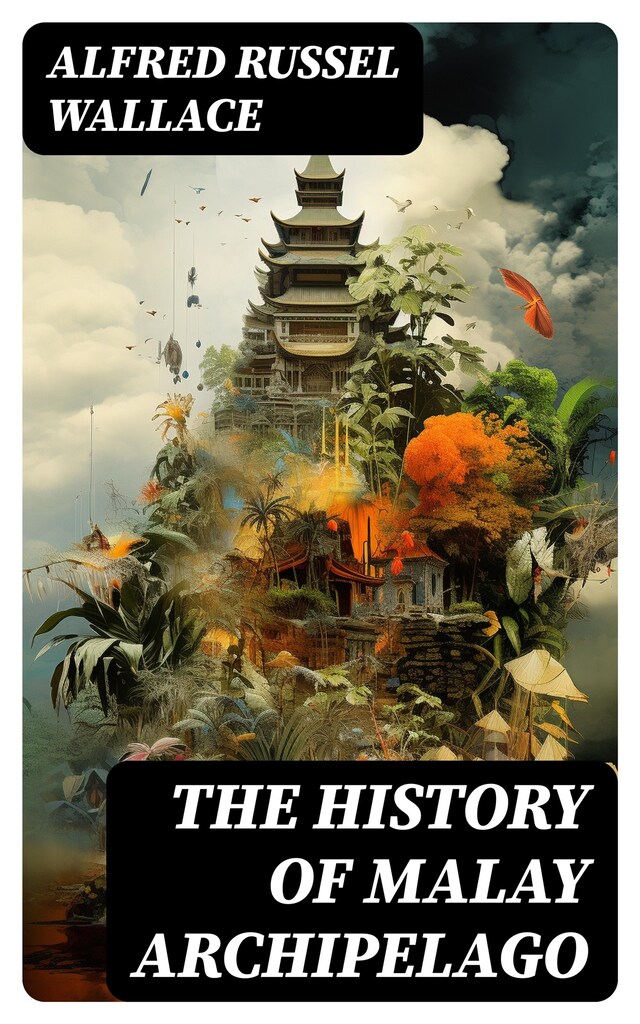The History of Malay Archipelago
Description of book
In "The History of the Malay Archipelago," Alfred Russel Wallace presents a meticulous exploration of the region's natural history, ecology, and the rich tapestry of its diverse cultures. His narrative intertwines empirical observation with a vivid literary style, showcasing his keen scientific insights while remaining accessible to the lay reader. Wallace's work emerges from the 19th-century backdrop of burgeoning scientific inquiry and imperial expansion, where the allure of exotic locales spurred both adventure and intellectual curiosity. The book not only serves as a compendium of detailed observations on the flora and fauna of the archipelago but also reflects on evolution and the impacts of colonialism on indigenous societies. Alfred Russel Wallace, a contemporary of Charles Darwin, was pivotal in the development of the theory of evolution through natural selection. His extensive travels, particularly in the Malay Archipelago, provided him firsthand experience and a deep appreciation for biodiversity. This journey was not merely academic; it was a pursuit driven by passion and a desire to understand the interconnectedness of life, which laid the groundwork for significant contributions to scientific thought. For readers intrigued by natural history, evolution, and the cultural complexities of Southeast Asia, Wallace's "The History of the Malay Archipelago" is indispensable. It invites you to walk alongside a pioneering thinker whose observations challenge and enrich our understanding of the natural world, offering insights that resonate in contemporary discourse on ecology and conservation.
 Alfred Russel Wallace
Alfred Russel Wallace 752 Pages
752 PagesFill your life with stories
from €99/month
Enjoy a world of audiobooks and e-books. No commitments. Cancel at any time.
